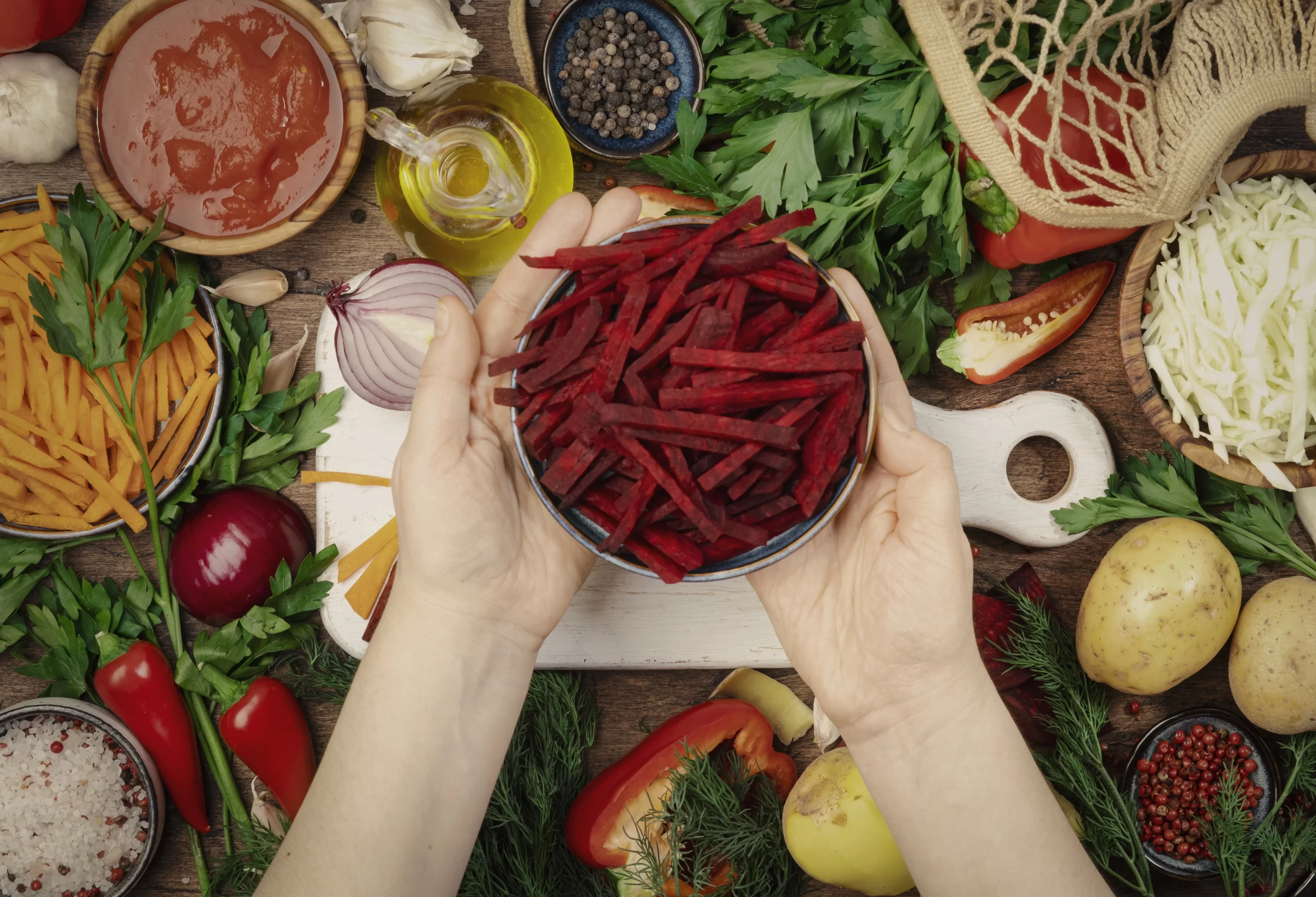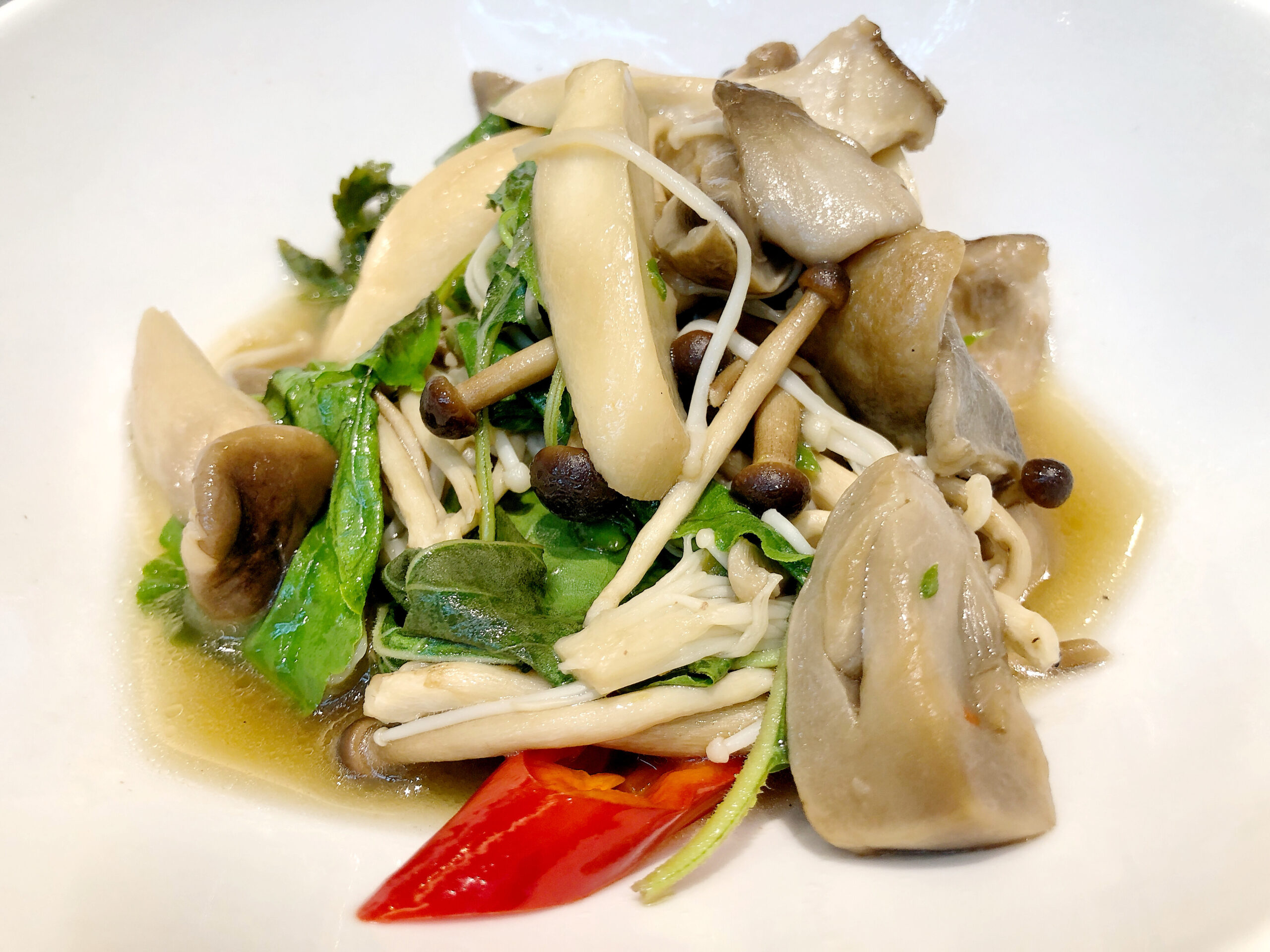The Beginner’s Guide to a Whole-Food, Plant-Based
The Beginner’s Guide to a Whole-Food, Plant-Based Diet. A whole-food, plant-based diet is a way of eating that focuses on whole, unrefined, or minimally refined plants. It can include a wide variety of foods, such as vegetables, fruit, whole grains, legumes, nuts, and seeds.
A whole-food, plant-based diet is typically rich in nutrients and fiber and low in added sugars, unhealthy fats, and animal protein. It may offer numerous health benefits, including weight loss, improved blood sugar control, and a reduced risk of heart disease, certain cancers, and other chronic diseases.
The Beginner’s Guide to a Whole-Food, Plant-Based Diet
If you’re interested in starting a whole-food, plant-based diet, here are a few tips to get you started:
- Make plants the center of your meals: Aim to fill at least half of your plate with non-starchy vegetables, such as leafy greens, broccoli, peppers, and zucchini. Add some whole grains, such as quinoa, brown rice, or whole-grain pasta, and a serving of legumes, such as beans, lentils, or chickpeas.
- Experiment with plant-based protein sources: In addition to legumes, there are many other plant-based protein sources to choose from, such as nuts, seeds, and tofu. Try incorporating a variety of these into your diet to ensure you’re getting all the essential amino acids your body needs.
- Don’t forget about healthy fats: Healthy fats, such as those found in avocado, olive oil, and nuts, are an important part of a healthy diet. Include them in your meals and snacks to help you feel satisfied and nourished.
- Eat plenty of whole foods: Focus on eating whole, unprocessed foods as much as possible. These include vegetables, fruit, whole grains, legumes, nuts, and seeds. Avoid or minimize highly processed foods, which are often high in added sugars, unhealthy fats, and sodium.
- Stay hydrated: Make sure to drink plenty of water throughout the day to help your body function properly. Aim for at least 8 cups of water per day, or more if you are physically active or live in a hot climate.

 How To1 year ago
How To1 year ago
 How To2 years ago
How To2 years ago
 How To1 year ago
How To1 year ago
 Recipes1 year ago
Recipes1 year ago
 Recipes1 year ago
Recipes1 year ago
 Business1 year ago
Business1 year ago
 Recipes2 years ago
Recipes2 years ago
 Recipes1 year ago
Recipes1 year ago






